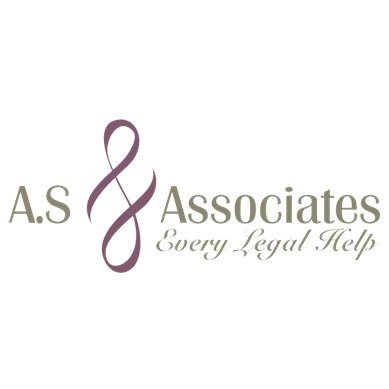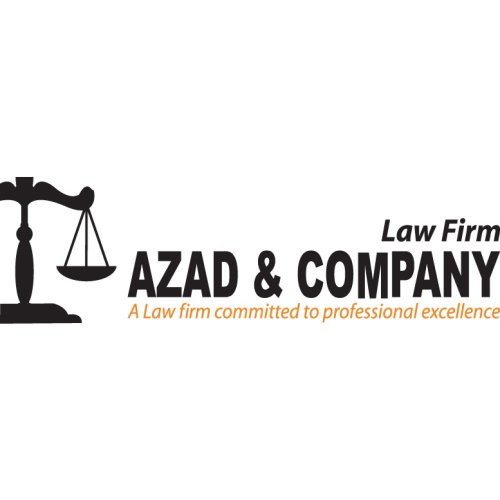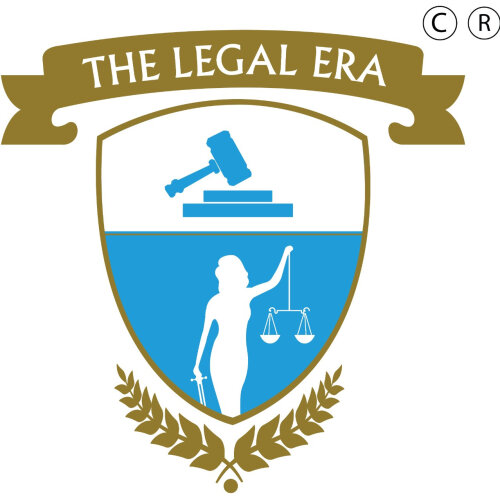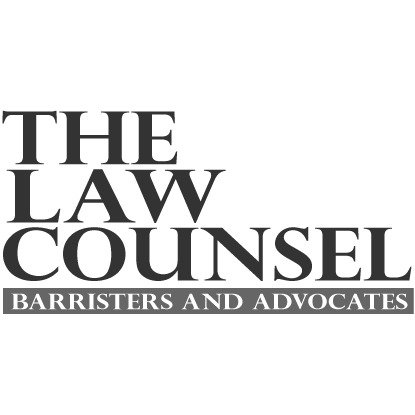Best Hiring & Firing Lawyers in Dhaka
Share your needs with us, get contacted by law firms.
Free. Takes 2 min.
List of the best lawyers in Dhaka, Bangladesh
About Hiring & Firing Law in Dhaka, Bangladesh
Hiring & Firing refers to the legal aspects surrounding the recruitment and termination of employees in Dhaka, Bangladesh. Understanding these laws is crucial for both employers and employees to ensure fair and compliant practices within the workplace.
Why You May Need a Lawyer
There are various situations where seeking legal help in Hiring & Firing is advisable. These include:
- Disputes related to wrongful termination
- Discrimination or harassment claims
- Negotiating employment contracts or severance packages
- Understanding and complying with labor laws
- Handling grievances or disputes between employers and employees
Local Laws Overview
In Dhaka, Bangladesh, employment laws are governed primarily by the Bangladesh Labor Act of 2006. Key aspects of local laws related to Hiring & Firing include:
- Equal employment opportunity and non-discrimination
- Working hours, leave entitlements, and overtime regulations
- Compensation and benefits
- Termination procedures and grounds
- Trade union rights and collective bargaining
Frequently Asked Questions
1. Can an employer terminate an employee without any valid reason?
No, the Bangladesh Labor Act states that an employer can only terminate an employee with proper reason and following the due process of law. Unfair or wrongful terminations may result in legal consequences for the employer.
2. What are the grounds for the termination of an employee in Dhaka?
Employees can be terminated for reasons such as unethical behavior, poor performance, insubordination, breach of contract, redundancy, or any other valid reason as stated in the employment contract or labor laws.
3. Are employers required to provide notice or severance pay upon termination?
Yes, employers are generally required to provide a notice period or compensation in lieu of notice to the terminated employee, based on the length of their employment. Severance pay may also be required in certain circumstances.
4. What steps should be taken if an employee believes they have been wrongfully terminated?
If an employee believes they have been wrongfully terminated, they should first try to resolve the issue through internal channels such as human resources or management. If this fails, seeking legal advice from an experienced employment lawyer is recommended to understand the legal options available.
5. Can an employer refuse to hire someone based on their gender, religion, or disability?
No, it is illegal for employers to discriminate against individuals during the hiring process based on factors such as gender, religion, disability, race, ethnicity, or other protected characteristics. All applicants are entitled to equal consideration and must be evaluated based on their qualifications and abilities.
Additional Resources
If you require legal advice or further information on Hiring & Firing in Dhaka, Bangladesh, consider reaching out to the following resources:
- Bangladesh Bar Council: The official regulatory body for lawyers in Bangladesh. They can provide a list of qualified employment lawyers.
- Department of Labor: A government department that oversees labor-related matters and can provide guidance on labor laws.
- Chamber of Commerce and Industry: Local business associations that may offer legal resources or referrals.
Next Steps
If you require legal assistance in Hiring & Firing, follow these steps:
- Gather all relevant documents and evidence related to the situation.
- Consider reaching out to your human resources department or management to address the issue internally.
- If internal resolution fails, seek legal advice from a qualified employment lawyer.
- Present your case and provide the necessary documents to the lawyer for evaluation.
- Follow the lawyer's advice and proceed with legal action, if necessary.
Lawzana helps you find the best lawyers and law firms in Dhaka through a curated and pre-screened list of qualified legal professionals. Our platform offers rankings and detailed profiles of attorneys and law firms, allowing you to compare based on practice areas, including Hiring & Firing, experience, and client feedback.
Each profile includes a description of the firm's areas of practice, client reviews, team members and partners, year of establishment, spoken languages, office locations, contact information, social media presence, and any published articles or resources. Most firms on our platform speak English and are experienced in both local and international legal matters.
Get a quote from top-rated law firms in Dhaka, Bangladesh — quickly, securely, and without unnecessary hassle.
Disclaimer:
The information provided on this page is for general informational purposes only and does not constitute legal advice. While we strive to ensure the accuracy and relevance of the content, legal information may change over time, and interpretations of the law can vary. You should always consult with a qualified legal professional for advice specific to your situation.
We disclaim all liability for actions taken or not taken based on the content of this page. If you believe any information is incorrect or outdated, please contact us, and we will review and update it where appropriate.

















